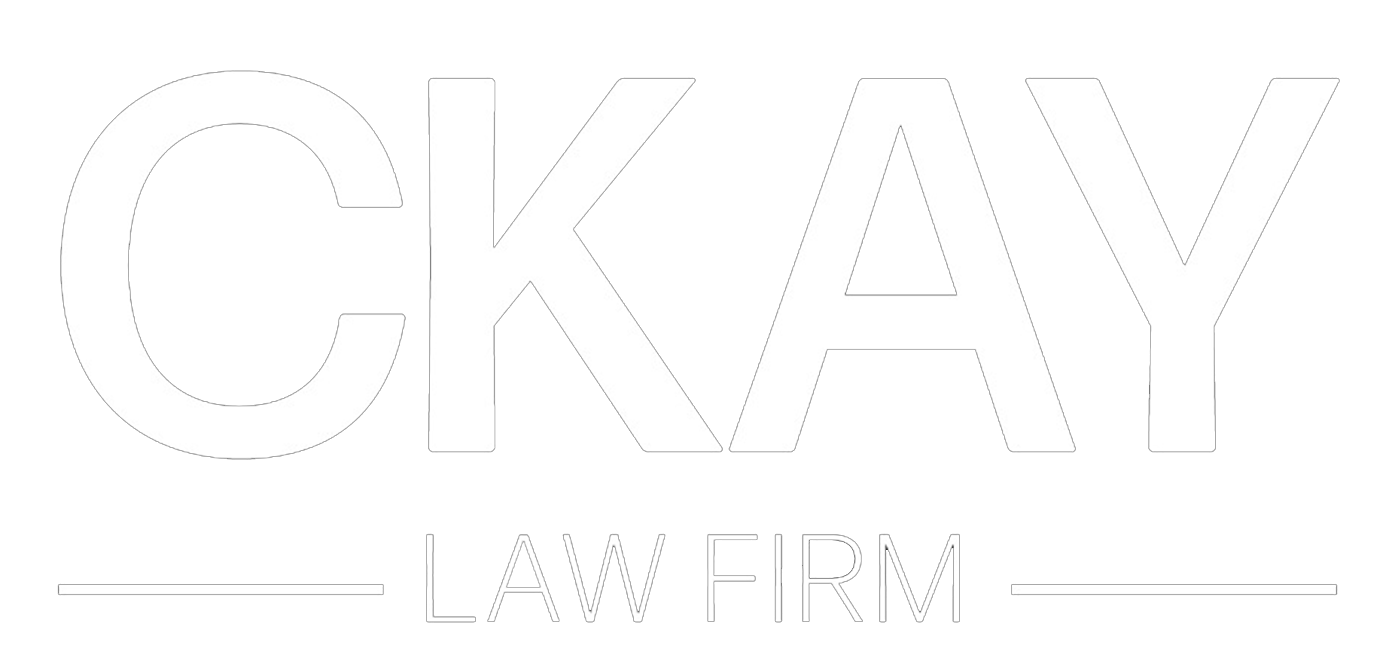
New reforms in Turkey’s Notary Law improve efficiency, tax procedures, and citizens’ rights while enhancing judicial and educational access.
Updates to Notary Law and Related Reforms in Turkey
Recent legislative amendments passed by the Turkish Grand National Assembly bring substantial changes to the Notary Law and several related regulations. These updates aim to enhance operational efficiency, streamline processes, and ensure better access to justice and public services. Below, we delve into the key changes across multiple areas of the legal framework.
Notary Law Reforms
Flexibility in Working Hours
Notaries can now operate during weekends and holidays under certain circumstances. These provisions will be detailed in a regulation to be issued by the Ministry of Justice, incorporating guidance from the Turkish Union of Notaries.
Annual Notary Fee Updates
The Notary Fee Tariff will now be updated annually, with changes effective from January 1 each year. This ensures transparency and standardization in service costs.
Enhanced Payment Methods
Citizens can pay fees for notarial services, taxes, and other costs using cash, debit cards, credit cards, or similar payment tools. This improvement aligns with modern banking practices and increases convenience.
Simplified Tax Filing Procedures
The submission of declarations for taxes and fees associated with notarial services has been streamlined. Notaries will now submit declarations for the previous month’s transactions within the first five business days of the following month.
Data Sharing with Private Entities
Notaries are now permitted to share vehicle registry data with private legal entities for a fee. This change is expected to generate additional revenue while maintaining data security protocols.
Digital Transformation of Notarial Records
Transactions traditionally signed by hand will now be recorded electronically using secure e-signatures within the Turkish Union of Notaries’ digital systems. This ensures greater security, efficiency, and accessibility in record-keeping.
Amendments to The Turkish Civil Code
Streamlined Name Change Process
Individuals changing their names must now have the change published in the official registry and on the Press Announcement Agency’s portal. The publication will include key details such as court decisions, new and old names, and other relevant personal information.
Reduced Waiting Period For Divorce Cases
In cases where a divorce petition has been rejected and the couple fails to reconcile, the mandatory waiting period for filing a new case has been reduced from three years to one year. This amendment addresses the emotional and legal needs of couples while reducing unnecessary delays.
Reforms in Criminal Procedure Law
Strengthened Right to Defense
To ensure a fair trial, defendants are now granted additional rights to prepare their defense if the nature of the charges changes during the trial. Both the defendant and their legal counsel must be notified in such cases.
Expanded Educational Rights For Inmates
Inmates and detainees in closed penitentiaries now have broader access to formal education programs, including primary, secondary, and higher education. This reform is part of broader efforts to rehabilitate prisoners and support their reintegration into society.
Changes to The Regional Court Law
Under the new legislation, the Chief Prosecutor Deputy roles in regional courts will now be appointed from a pool of first-class judges and prosecutors. This amendment aims to elevate the quality of leadership and decision-making in higher courts.
New Role for Universities in Child Justice
State universities can now establish Child Observation Centers to support young victims of crime. These centers, initially implemented in public institutions, will offer specialized services to minimize trauma during judicial proceedings. This initiative is expected to expand access to child-focused judicial support nationwide.
Conclusion
The newly enacted legislation marks a significant step forward in modernizing Turkey’s legal framework. From streamlining notarial services to improving access to justice and education, these changes are poised to benefit both professionals and citizens. By embracing digital transformation, reducing bureaucratic hurdles, and prioritizing human rights, Turkey continues to strengthen its legal and social systems.


